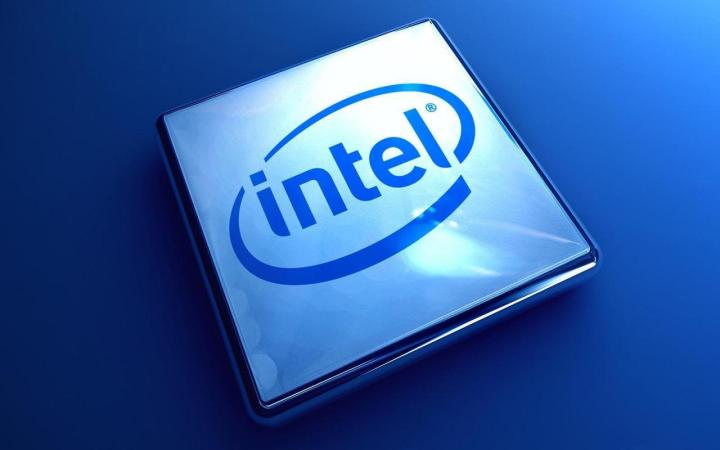
Earlier this month, a rumor linked Intel with the purchase of Basis, the company which produces the Basis health tracker smartwatch, for approximately $100 million. The news came from TechCrunch, where anonymous sources said the deal had been closed, and the price may even have reached $150 million.
Updated on 03-26-2014 by Andy: Intel has now officially announced it has acquired Basis, which will help accelerate its “wearable products focus, and bring access to new technology.” In the press release, Intel briefly describes its interest in the wearables market, saying its strategy is to “create wearable reference devices, SoCs, and other technology platforms.”
Basis confirms it’ll become part of Intel’s new devices group, adding that existing customers shouldn’t worry, it’ll be business as usual at the firm. Intel also states the Basis team will continue to work on its own products, but also that it’ll soon “begin work on future wearable initiatives, working closely with the Intel team.”

We’re fans of the Basis B1 smartwatch, a comprehensive and capable device, which recently received a software update to include detailed sleep analysis. Intel doesn’t make hardware though, so what does it want with Basis? The chip manufacturer has clear aspirations in the wearable technology market, and wants an Intel chip inside the next generation of devices.
At CES this year, Intel’s CEO Brian Krzanich spoke at length about its plans, saying the company’s goal is have its chips powering our wearables. “If something computes and connects, it does it best with Intel inside,” he said. Intel also demonstrated a set of smart earphones, a prototype smartwatch, and Jarvis, a personal assistant stored inside a Bluetooth earpiece.

Intel has been gearing up to make a big push into wearable tech for some time. In summer 2013, Krzanich said in an interview that Intel-powered wearables “for eyes and ears” would start hitting shelves in early 2014. Intel’s CTO preempted Jarvis’ capabilities in an interview around the same time, and stated wearable tech was “gaining momentum inside Intel Labs.” Subsequently, Intel made a large investment in Thalmic Labs, makers of the cool MYO armband, and purchased gesture control specialist Omek Interactive.
The acquisition of Basis adds a strong team with direct experience in producing a cool wearable product, into which it could potentially insert Intel power in the future. Intel also has a history of producing reference design hardware, which is then licensed by other manufacturers, and turned into a retail-ready product. Intel’s purchase of Basis certainly does neatly fit in with Intel’s current strategy.
Article originally published on 03-04-2014



